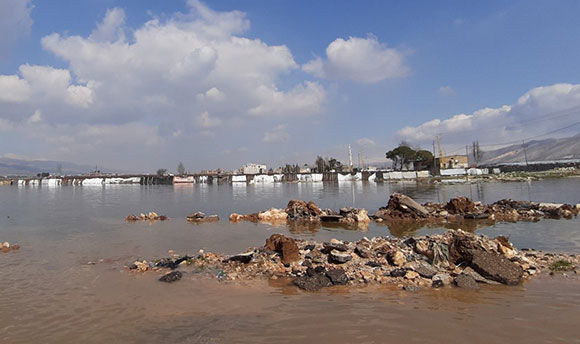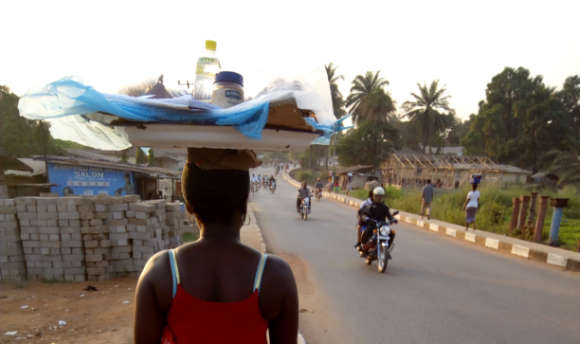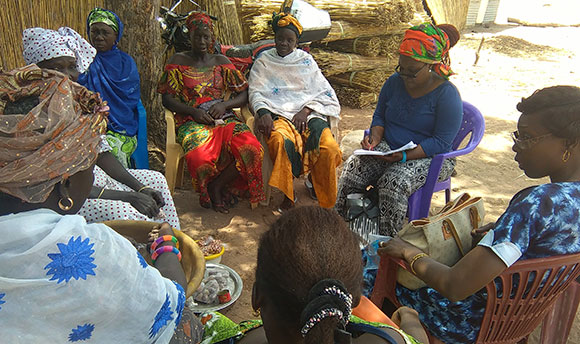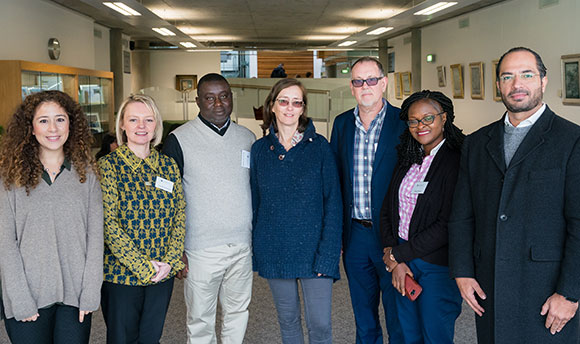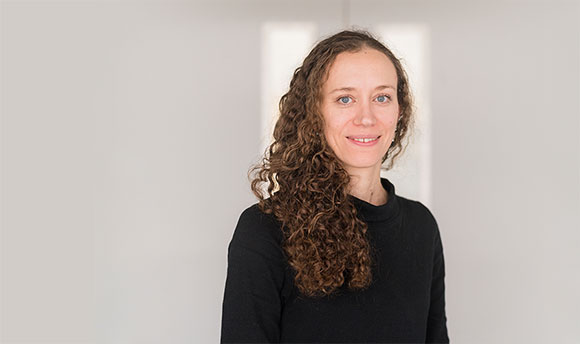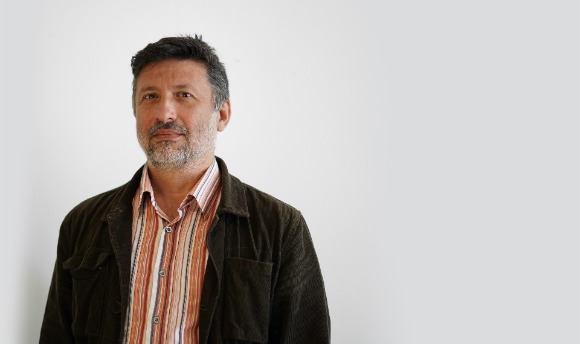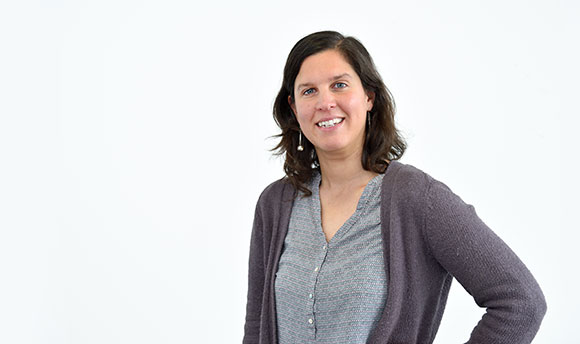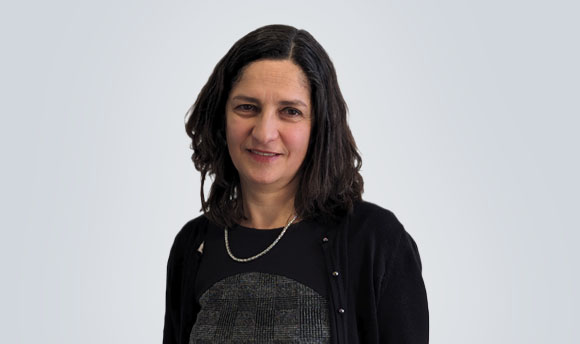NIHR Research Unit on Health in Situations of Fragility (RUHF)
(For the external RUHF site with publications list, tools an resources please click this link)
The NIHR Research Unit on Health in Situations of Fragility (RUHF) at Queen Margaret University, Edinburgh focuses on contexts where displacement, conflict, pandemic disease or weak capacity makes the delivery of vital health services especially challenging.
Funded by the National Institute for Health Research (NIHR), the RUHF is one of thirteen Global Health Research Units across the UK to lead research in key areas of relevance to global development.
Building on IGHD’s extensive previous work in these regions, RUHF is bringing together expertise from research clusters in health systems development and psychosocial wellbeing, integration and protection to develop a comprehensive ‘systems for health’ approach to addressing fragility and building resilience.
Our Partners
The Unit's collaborative partners are the Global Health Institute, American University of Beirut (AUB), Lebanon, and the College of Medicine & Allied Health Science (COMAHS), Freetown, Sierra Leone.
About this project
Although its work seeks to be of wide relevance to delivery of healthcare in situations of fragility, RUHF is especially focusing on two vital but commonly neglected areas of health provision in these contexts:
- Mental health and psychosocial support (MHPSS)
- The treatment and prevention of non-communicable diseases (NCDs), such as diabetes and heart disease
In summary, RUHF’s work programme is working to inform policy making and care delivery regarding mental health and NCDs in real time in Sierra Leone and Lebanon, before extending our impact to fragile settings globally.
Our YouTube channel
See all our recorded presentations and available video materials on our NIHR RUHF YouTube channel:
Papers
- Burden of non-communicable diseases among Syrian refugees: a scoping review
- Health systems research in fragile settings
- Understanding fragility: implications for global health research and practice
- Opportunities and challenges for delivering non-communicable disease management and services in fragile and post-conflict settings: perceptions of policy-makers and health providers in Sierra Leone
- Rural-urban health-seeking behaviours for non-communicable diseases in Sierra Leone
- The role of social movements in strengthening health systems: the experience of the National Health Forum in El Salvador (2009–2018)
- A community–based system dynamics approach for understanding factors affecting mental health and health seeking behaviors in Beirut and Beqaa regions of Lebanon
- Comprehensive primary health care and non-communicable diseases management: a case study of El Salvador
- Community and health staff perceptions on non-communicable disease management in El Salvador’s health system: a qualitative study
- Adapting and implementing training, guidelines and treatment cards to improve primary care-based hypertension and diabetes management in a fragile context: results of a feasibility study in Sierra Leone
- Expressions of psychological distress in Sierra Leone: implications for community-based prevention and response
- A multilevel bioecological analysis of factors influencing the mental health and psychosocial well‐being of refugee children
- Dynamics of non-communicable disease prevention, diagnosis and control in Lebanon, a fragile setting
- Readiness to deliver person‐focused care in a fragile situation: the case of Mental Health Services in Lebanon
Intervention Tools and Training Materials
NCD Clinical Desk Guide
RUHF researchers, the Ministry of Health (MoH) and other relevant stakeholders have finalised a desk guide, for uncomplicated non-communicable diseases (NCDs) and mental health (MH) cases.
This desk guide is designed for qualified clinicians, such as doctors, community health officers (CHO) and mental health nurses in Sierra Leone.
It is a concise 'quick reference' to identify, diagnose and treat NCDs, such as hypertension and diabetes, and MH issues, such as depression.
The desk guide has been adapted to the Sierra Leone population and context, and is complemented with a facilitator course guide.
View the Sierra Leone NCD clinical desk guide:
Non-Communicable Diseases: Diagnosis and Treatment Desk Guide - Full report available on request via IGHD Email Address
View the facilitator course guide:
Facilitator Course Guide: Non-Communicable Diseases Desk Guide Training - Full report available on request via IGHD Email Address
View the treatment cards:
Treatment Cards: Hypertension and Diabetes - Full report available on request via IGHD Email Address
View the participant module on NCDs:
Participant Module: Non-Communicable Diseases - Full report available on request via IGHD Email Address)
Training videos have been developed in Nigeria in order to assist with the implementation of their NCD desk guide.
View the NCD training videos in Nigeria on our YouTube channel - NCD Training Videos in Nigeria
COVID management guides
Health Facility desk guide in the context of COVID-19 - Full report available on request via IGHD Email Address
Sierra Leone
See the module for rural health facilities during COVID - Full report available on request via IGHD Email Address
See the health worker COVID vaccination guide:
Download the African version or the Asian version - for adaptation to local contexts, along with public information leaflets on COVID vaccination with images targeted to African and Asian settings.
Research Tools and Guides
Protocols have been developed for a number of the methodologies used in the course of the fieldwork.
These have been used to facilitate research team training and research ethics submissions.
View the Clinic Ethnography protocol, for the assessment of patient experience and service provision culture:
A Guide to Clinic Ethnography (March 2019) - Full report available on request via IGHD Email Address
View the Participatory Assessment Tool for Mapping Social Connections:
Social Connections Tool - A Users' Guide - Full report available on request via IGHD Email Address
View the Guide for Participatory Systems Analysis:
Scripts to Support Group Model Building- A Guide for Participatory Systems Analysis
Policy and Research Briefs
The RUHF research teams at QMU, COMAHS and AUB are working together on a range of research studies.
These are designed to prevent and manage NCDs, and improve access to quality mental health care in fragile settings.
These briefs offer a summary of key findings and recommendations for policy makers, health practitioners, NGOs and academics.
View the research briefs on NCDs:
Non Communicable Diseases in Fragile Setting: The Case of Syrian Refugees in Lebanon - Full report available on request via IGHD Email Address
Addressing the silent epidemic in Sierra Leone: preventing and managing non-communicable diseases -Full report available on request via IGHD Email Address
View the research briefs on mental health:
Mental Health and Psychosocial Support in Fragile Settings: The Case of Syrian Refugees in Lebanon: -Full report available on request via IGHD Email Address
Improving understanding of and access to quality mental health care in Sierra Leone -Full report available on request via IGHD Email Address
View the policy briefs on NCDs:
Dynamic of Non-Communicable Diseases: Prevention, Diagnosis and Control in Lebanon - Full report available on request via IGHD Email Address
Strengthening NCD service at primary care level: lesions from RUHF projects in Sierra Leone and Nigeria - Full report available on request via IGHD Email Address
View the policy brief on mental health:
Dynamics of Mental Health and Psychosocial Support Services in Lebanon: Access, Utilisation and Delivery -Full report available on request via IGHD Email Address
View the policy brief on COVID-19:
Exploring social mobilisation activities to improve health during COVID-19 pandemic in Nepal - Full report available on request via IGHD Email Address
Presentations and Webinars
'Health Systems in Situations of Fragility'.
This presentation was given by Professor Sophie Witter on 17th May 2018 for the American University of Beirut - Global Health Institute's Webinar series: "Global Health and Conflict".
View the slides used in the webinar:
Heath Systems in Situations of Fragility - Full report available on request via IGHD Email Address
View Sophie Witter's staff profile.
‘Analysing NCDs care in public health services in El Salvador. Is stronger community engagement part of the solution?’
Researchers from RUHF - Marta Jimenez and Montse Leon - conducted research fieldwork in El Salvador between March and June 2018, in collaboration with QMU researcher, Nicole Vidal.
The preliminary findings were presented at QMU, Edinburgh in May and El Salvador and Madrid (Spain) in June.
View the slides used in the presentations:
NCDs in El Salvador - Full report available on request via IGHD Email Address
‘A Community–Based System Dynamics Approach for Understanding Factors Affecting Mental Health and Health Seeking Behaviors in Beirut and Beqaa Regions of Lebanon’
Researchers from RUHF - Aya Noubani, Karin Diaconu, Lilian Ghandour, Maria El Koussa, Giulia Loffreda and Shadi Saleh - conducted research fieldwork in Lebanon, both in Beirut and Beqaa.
The findings were presented by Aya Noubani in October at QMU, Edinburgh and King's College London, as part of the "Research for Health in the Syrian Conflict" conference.
View the video recording of the discussion:
Aya Noubani’s seminar on Mental Health in Lebanon
NIHR RUHF at HSR2020
The 6th Global Symposium on Health Systems Research or HSR2020 is the foremost conference on health systems and policy research and practice.
Panels
- Health system and community responses to COVID-19 among Palestinian Refugees in Gaza and Lebanon - Full report available on request via IGHD Email Address
- Understanding and tackling fragility
Poster presentations
- Understanding perceptions of recovery from psychological distress in Sierra Leone through Crisp Set Analysis
- The Involvement of key global actors in NCD response in low-and middle-income Countries - Full report available on request via IGHD Email Address
- Systems dynamics of NCDs prevention, diagnosis and control in Greater Beirut, Lebanon: an analysis using Group Model Building - Full report available on request via IGHD Email Address
Skill-building sessions
Webinar Series 2020
Beyond a label: Fragility in global health and health systems research
This webinar introduced a novel conceptual framework of fragility to be used in health systems research.
https://eu.bbcollab.com/collab/ui/session/playback/load/6556b1d39a67453c98b0f94e9796e141
Pragmatism and innovation: collecting data in fragile situations during COVID-19
This webinar shared practical lessons learned on data collection while conducting research in humanitarian and otherwise fragile situations, particularly during COVID-19.
The RUHF Global Health Festival
Our Global Health Festival was an unmissable international event, with a wide variety of talks, screenings, and much more.
Take a look at our different recordings, videos and stories on our festival website.
The RUHF Symposium 2021: Health in Fragile Settings
Interested in #HealthInFragileSettings? Want to learn more about mental health and non-communicable disease?
See the recordings from our recent research symposium to find out about our work in Lebanon and Sierra Leone.
Dissemination Activities
Dissemination activities for the NIHR Research Unit on Health in Situations of Fragility funded project (reference 16/136/100) are underway in Cross River State (CRS) Nigeria.
These efforts will further cascade an mHealth training and support model based on a country-specific (World Health Organization Package of Essential Noncommunicable disease compatible) package of care which was successfully piloted in CRS in 2020.
On 27th February 2023, a training workshop was conducted for 17 health workers from 6 Local Government Areas. The 6 facilitators of the workshop were the Director General CRS Primary Health Care Development Agency (CRSPHCDA), the Director of Family and Community Health CRSPHCDA, 2 technical assistants and 2 staff of the Foundation for Healthcare Innovation and Development (FHIND).
The mHealth NCD package of care has since been deployed to more primary healthcare centres in CRS with the CRSPHCDA providing oversight for the initiative.

The unit is hosted within QMU’s Institute for Global Health and Development (IGHD). IGHD is recognised as a world leader in two major areas of research - health systems and mental health provision - and the work of the Unit brings together these two major strands.
The unit’s work builds on ideas and methodologies developed in IGHD's previous work. This includes the study of post-conflict health systems recovery in Sierra Leone, Zimbabwe, Uganda and Cambodia, and also the resilience of health care systems in the Middle East, following the displacement of people from the conflict in Syria.



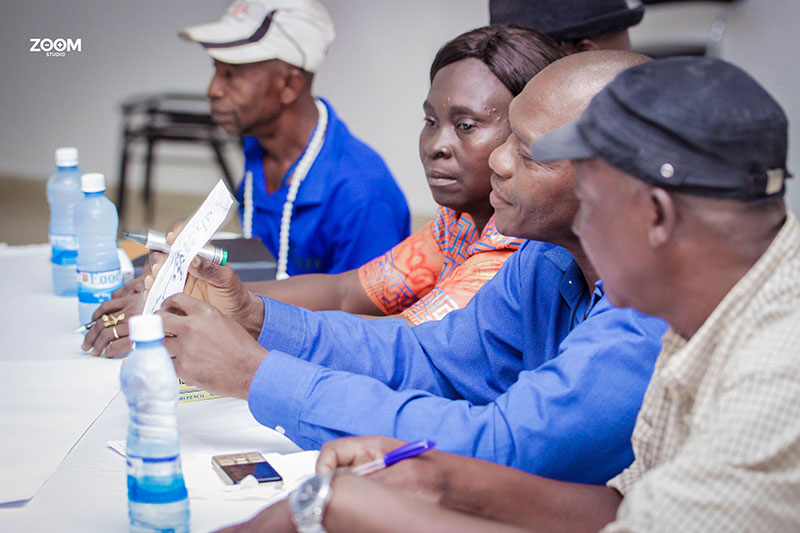
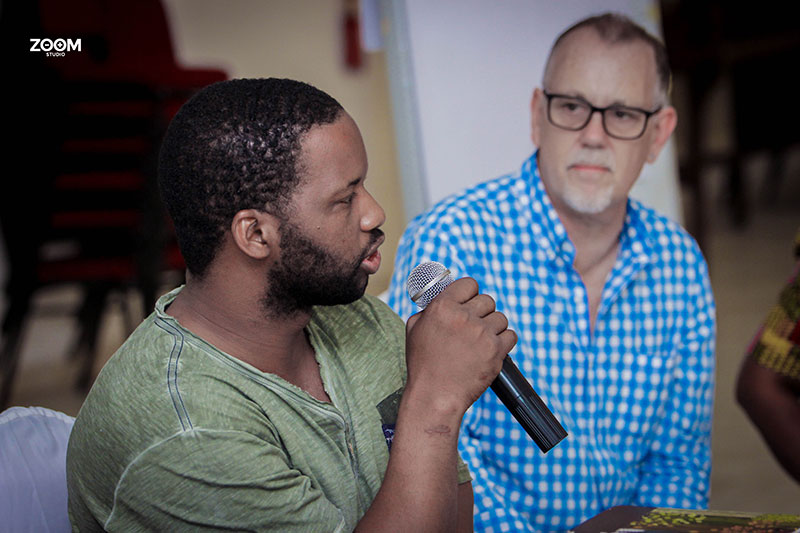
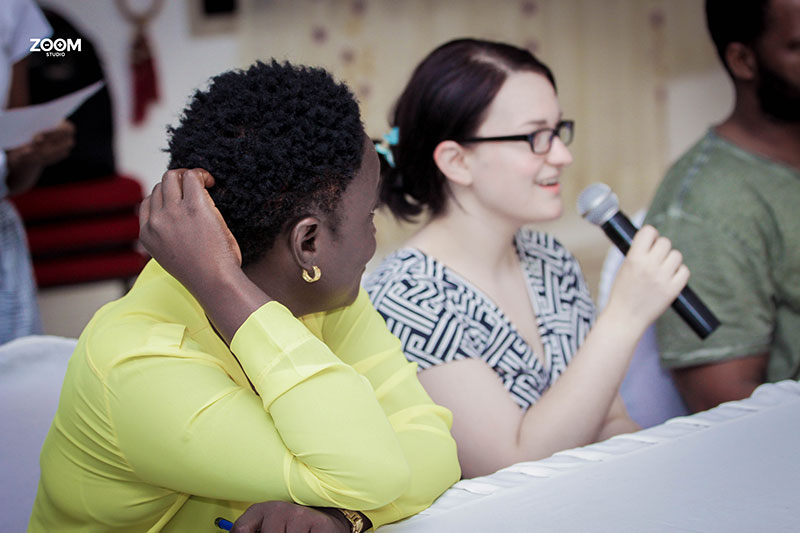
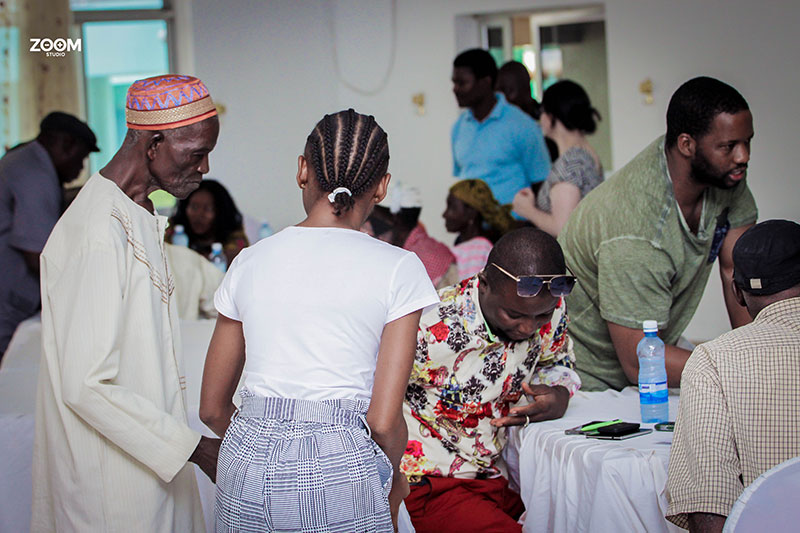
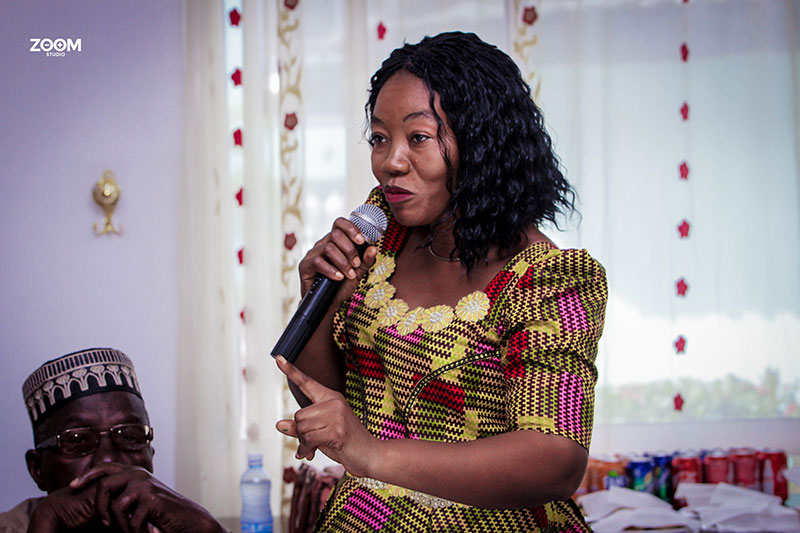
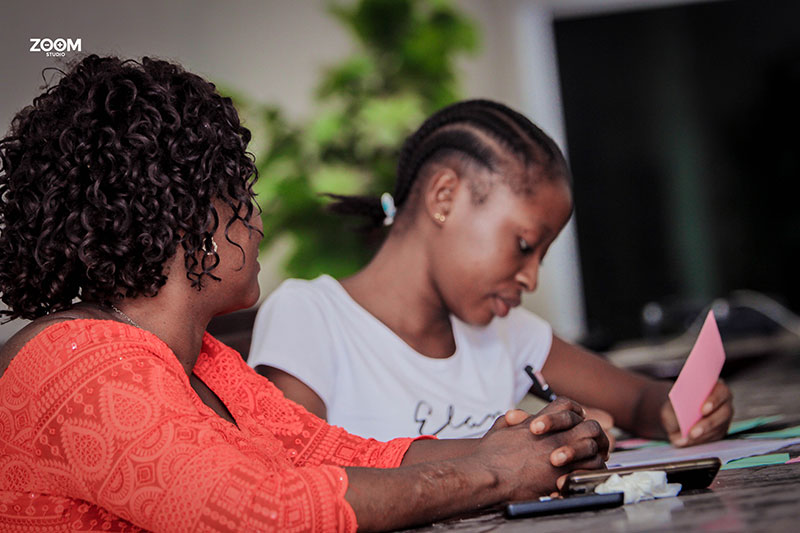
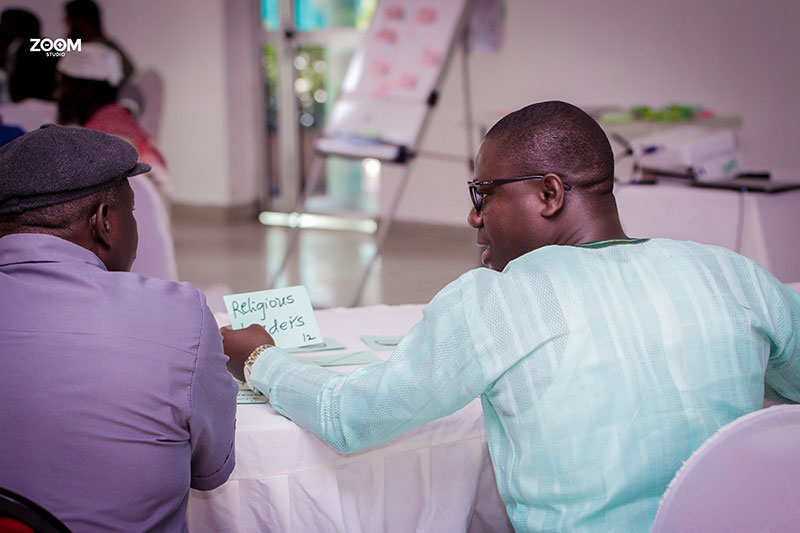
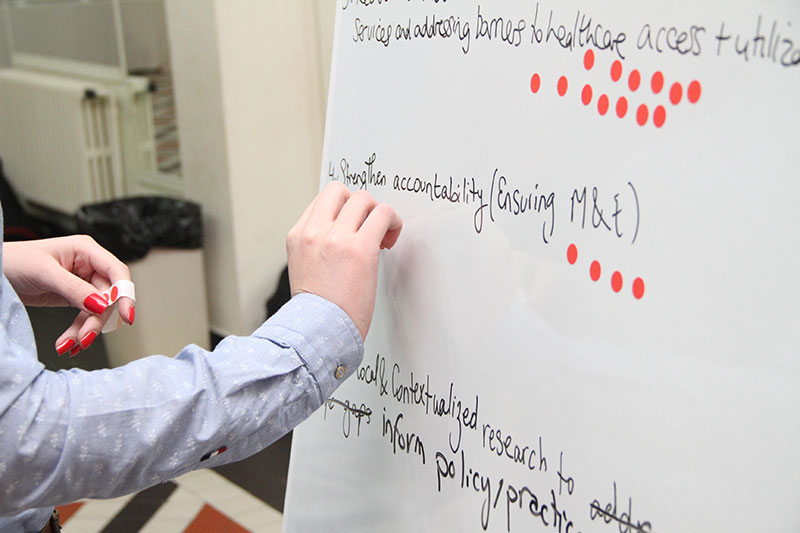
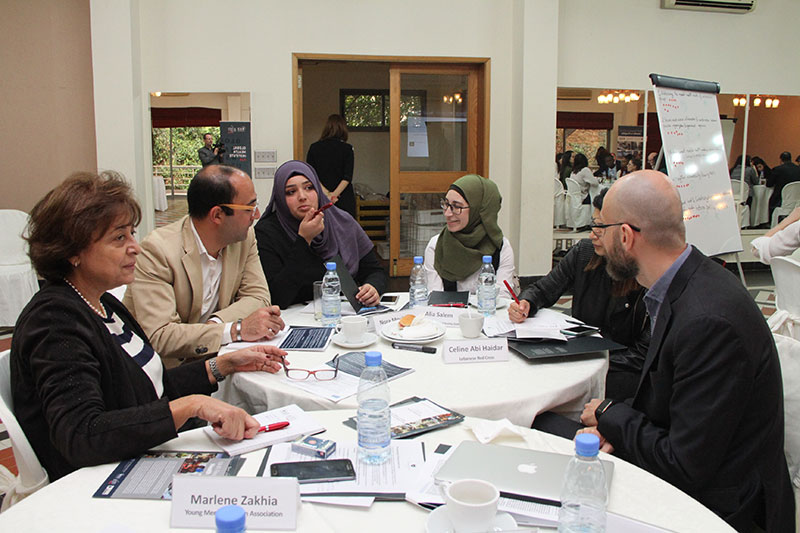
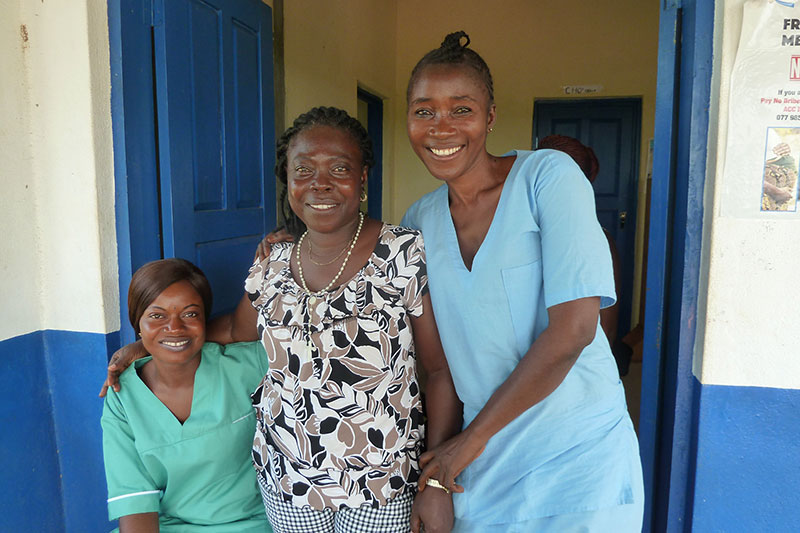
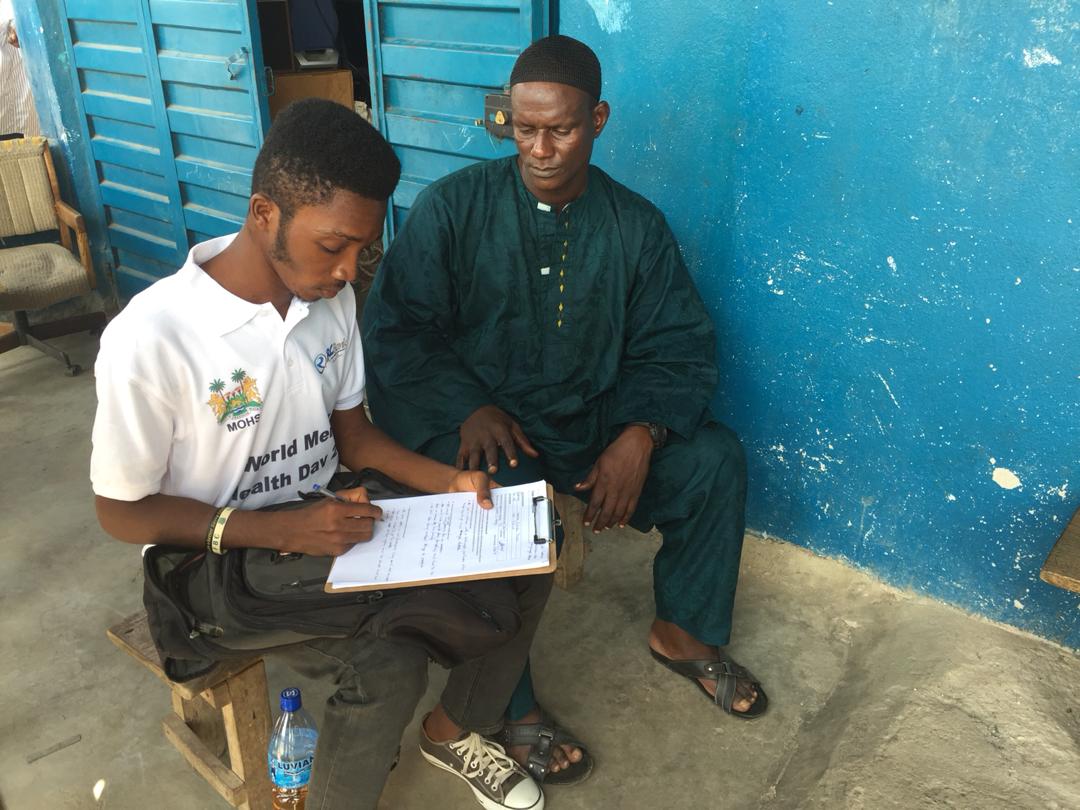
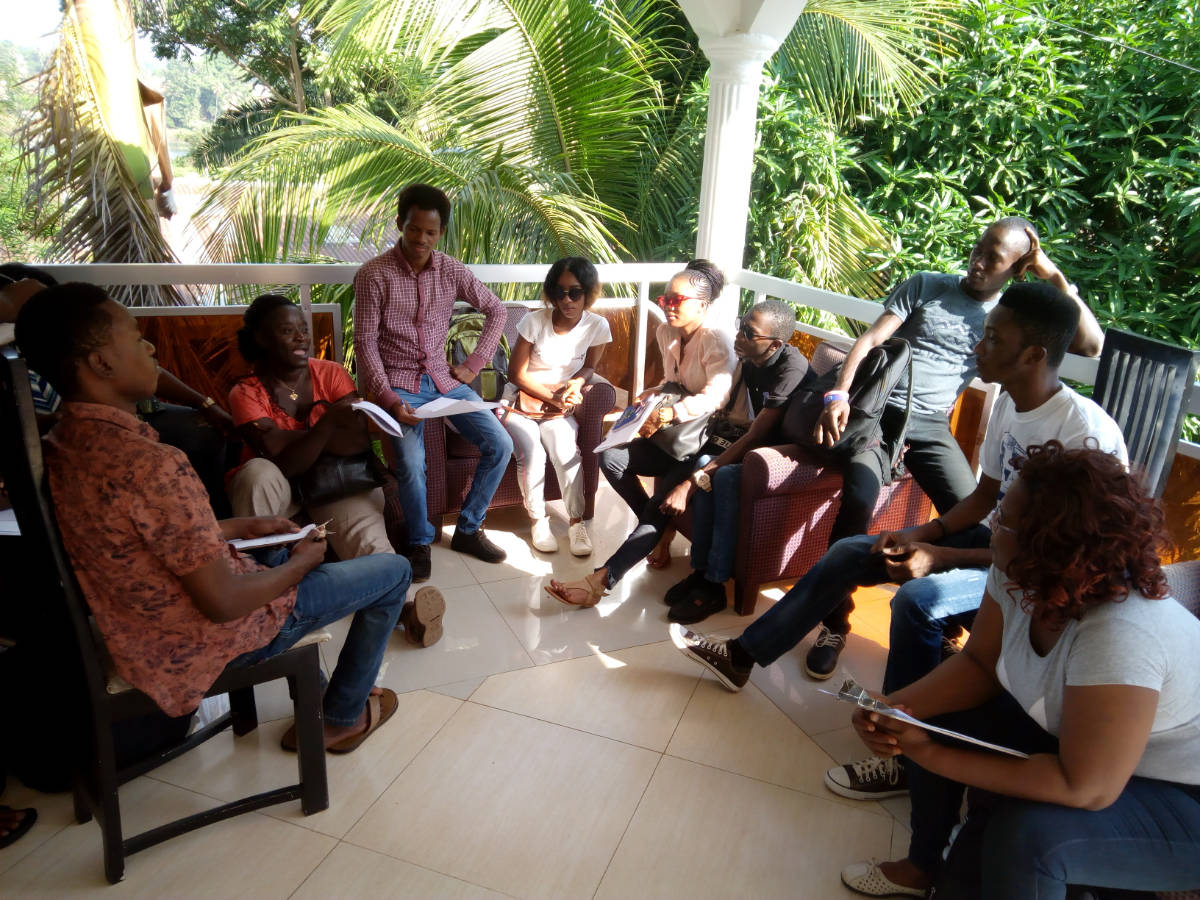













Engage with the Team
